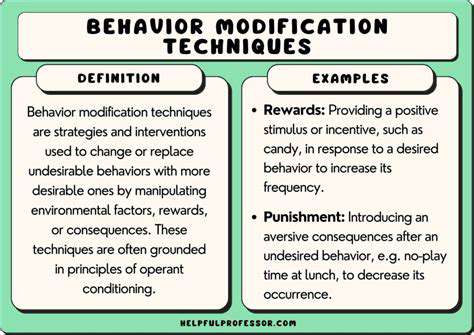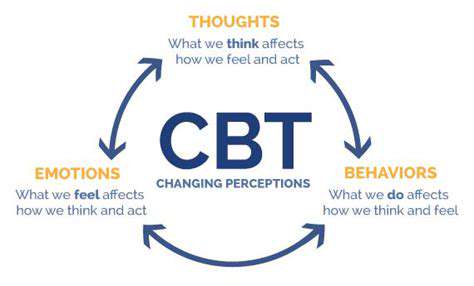Understanding Depression: Symptoms and Seeking Support

The Courage to Seek Help
Consulting mental health professionals represents strength, not weakness. Therapy provides structured support unavailable through informal networks. Approximately 75% of therapy participants report significant symptom reduction within 20 sessions. This professional guidance creates space for honest self-examination without social repercussions, facilitating genuine progress.
Recognizing When Help Is Needed
Certain symptoms warrant professional evaluation. Persistent sleep disturbances lasting weeks, inability to experience pleasure (anhedonia), or intrusive thoughts about self-harm all indicate need for assessment. When daily functioning becomes impaired - whether at work, in relationships, or basic self-care - intervention becomes essential. Early consultation often prevents symptom escalation.
Therapeutic Approaches Explained
CBT focuses on present challenges through structured exercises addressing thought patterns. Psychodynamic therapy explores childhood influences on current behaviors. DBT combines CBT with mindfulness, particularly effective for emotional regulation challenges. Newer modalities like EMDR show remarkable success with trauma processing. The best therapy depends entirely on individual circumstances and preferences.
Selecting the Right Professional
Credentials matter - look for licensed psychologists (PhD/PsyD), clinical social workers (LCSW), or board-certified psychiatrists. Specialization areas (trauma, addiction, etc.) often predict better outcomes for specific concerns. Initial consultations should assess comfort level - therapeutic alliance strongly predicts success. Many providers now offer virtual sessions, expanding access options.
Financial realities inevitably influence mental health decisions. While premium therapy practices command $300+/hour, many excellent providers accept insurance or offer sliding scales. Community health centers provide quality care regardless of income. The investment in mental health often yields greater life returns than any material purchase.
Cultivating Resilience Through Connection
The Anatomy of Support Networks
Effective support systems resemble ecosystems - diverse elements serving complementary functions. Close friends provide emotional containment, colleagues offer professional perspective, while mentors supply wisdom. No single relationship should bear the full weight of support needs. Distributed networks prove most sustainable during prolonged challenges.
Community Resources
Local organizations often host free support groups for specific concerns (grief, addiction recovery, etc.). Meditation communities foster mindfulness practice. Volunteer opportunities create meaning while expanding social circles. Libraries and community centers frequently host mental health workshops - these low-pressure environments ease initial outreach.
Professional Anchors
Regular therapy sessions create stability during turbulent periods. Psychiatric care manages biochemical aspects when needed. Consistent professional contact prevents crises by addressing issues proactively. Many find value in maintenance sessions even after acute symptoms resolve - like dental checkups for mental health.
Self-Care as Foundation
Sleep hygiene, balanced nutrition, and movement form the tripod of basic self-care. Morning sunlight exposure regulates circadian rhythms. Twenty minutes of daily nature exposure lowers cortisol levels measurably. These physiological foundations support emotional resilience more effectively than abstract coping strategies alone.
Supporting Young Minds
Children benefit from clear emotional vocabulary training. School counselors can identify emerging issues early. Family therapy often resolves child behavioral issues by improving overall household dynamics. Teen support groups normalize struggles during turbulent developmental phases.
Network Maintenance
Relationships require active nurturing. Scheduling regular check-ins prevents isolation. Reciprocity strengthens bonds - alternating between giving and receiving support creates balance. Digital tools can maintain connections across distances when used intentionally. Periodic network audits help identify evolving needs.
Read more about Understanding Depression: Symptoms and Seeking Support
Hot Recommendations
-
*Guide to Managing Gout Through Diet
-
*Best Habits for Financial Well being
-
*How to Build a Routine for Better Mental Health
-
*How to Eat Healthy on a Budget [Tips & Meal Ideas]
-
*Guide to Practicing Self Acceptance
-
*How to Incorporate More Movement Into Your Day
-
*Guide to Managing Chronic Pain Naturally
-
*Guide to Building a Reading Habit for Well being
-
*Top 5 Weight Loss Supplements That Actually Work
-
*Best Exercises for Postpartum Recovery [Beyond Abdominal Work]


![HIIT Workout for Fat Loss [20 Minute Routine]](/static/images/26/2025-05/Exercises28Example293A.jpg)








